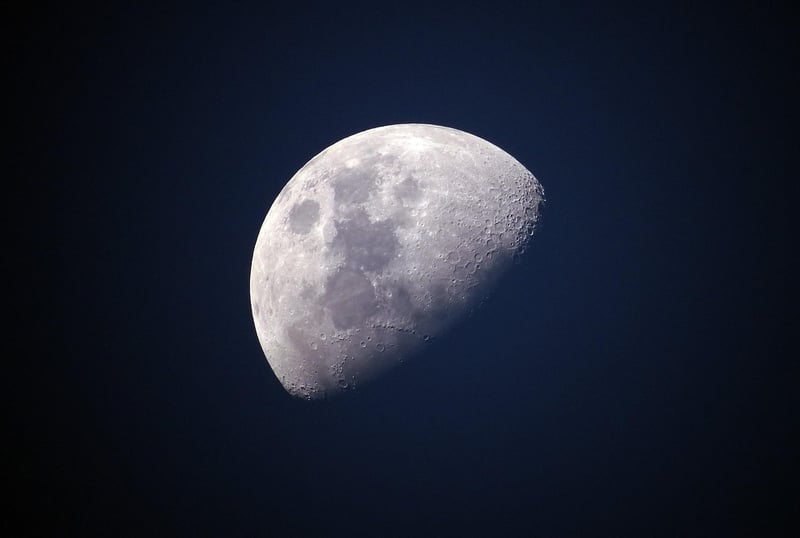Orbital Satellites
The Future of Space Exploration: Innovations in Orbital Satellites
Space exploration has always been at the forefront of human ambition, pushing the boundaries of what is possible and expanding our understanding of the universe. In recent years, one of the most exciting developments in space technology has been the innovation and deployment of orbital satellites. These artificial satellites orbit the Earth, providing a wide range of crucial functions and services that have revolutionized communication, navigation, weather forecasting, and much more.
Types of Orbital Satellites
Orbital satellites come in various forms and serve different purposes based on their design and capabilities. Some of the most common types include:
- Communication Satellites: These satellites facilitate long-distance communication by relaying signals between different points on Earth.
- Navigation Satellites: Navigation satellites provide essential positioning information for GPS and other location-based services.
- Weather Satellites: Equipped with advanced sensors, these satellites help meteorologists monitor and predict weather patterns with greater accuracy.
- Earth Observation Satellites: These satellites capture high-resolution images of the Earth's surface for various applications, including urban planning, agriculture, and disaster response.
Benefits of Orbital Satellites
The deployment of orbital satellites has brought about numerous benefits to society, including:
- Global Connectivity: Communication satellites enable real-time global communication, connecting people across vast distances.
- Precision Navigation: Navigation satellites have revolutionized the way we navigate, providing precise positioning data for transportation, logistics, and emergency services.
- Disaster Management: Earth observation satellites play a crucial role in disaster management by providing timely information for response efforts during natural disasters.
- Scientific Research: Satellites support scientific research by collecting data on various phenomena, such as climate change, deforestation, and ocean currents.
Future Innovations
Looking ahead, the future of orbital satellites holds even more exciting possibilities. Some of the anticipated innovations include:
- Advanced Imaging Technology: Future satellites may feature enhanced imaging technology, allowing for even higher-resolution images of Earth's surface.
- Space Debris Management: As the number of satellites in orbit increases, new technologies will be required to manage space debris and ensure orbital sustainability.
- Interstellar Communication: Research is underway to develop satellites capable of communicating across vast interstellar distances, opening up new frontiers in space exploration.
With ongoing advancements in technology and a growing interest in space exploration, orbital satellites are set to play an increasingly vital role in shaping the future of humanity's presence in space.

Exciting times lie ahead as we continue to push the boundaries of innovation and unlock the vast potential of orbital satellites in exploring the cosmos.
For more information on space exploration and satellite technology, visit NASA's official website.
